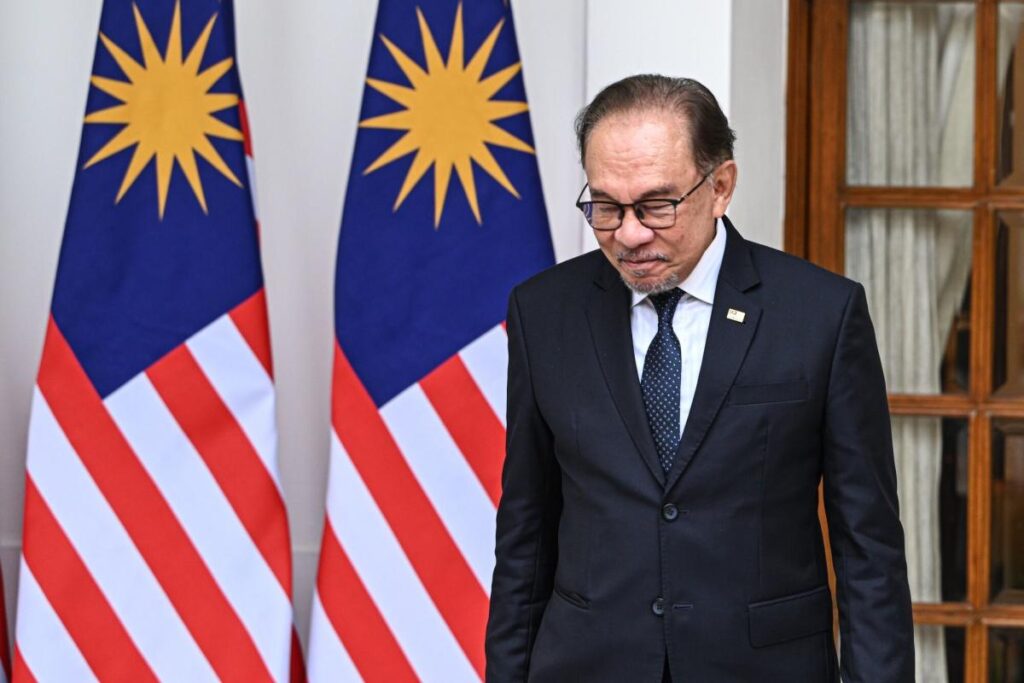(Bloomberg) — Malaysia’s governing coalition won a landslide victory in a by-election on Saturday, with party leaders hailing it as a sign of long-term political stability and public acceptance of Prime Minister Anwar Ibrahim’s unity government.
Most read from Bloomberg
Barisan Nasional, a key ally of Anwar, won 79% of the vote in a straight battle against the Perikatan Nasional opposition pact in Mahkota, a constituency in the southern state of Johor, the election commission said. The margin of victory quadrupled compared to the last provincial vote, helped by close post-general election cooperation with Anwar’s Pakatan Harapan alliance.
“This shows that supporters of the country’s major parties can accept cooperation in the unity government,” Asyraf Wajdi Dusuki, secretary-general of BN, the kingpin of the United Malays National Organization, wrote on Facebook late on Saturday. The former old rivals had joined forces in November 2022 to support Anwar after the general election resulted in a hung parliament.
Saturday’s result was the ruling pact’s second consecutive victory in the provincial polls, reaffirming Anwar’s grip on power after the country saw a revolving door of leaders between 2018 and 2022. This comes amid a strengthening currency and economy, an opposition in disarray, and as Malaysia unveiled plans to attract more investment into the state of Johor, which borders Singapore. The government is banking on the victories to convince foreign investors that the Anwar government is in it for the long haul.
The victory in Mahkota will not directly affect the composition of parliament – where Anwar enjoys a supermajority – but could encourage the prime minister to implement politically sensitive reforms that could strengthen the country’s finances, including ending general gasoline subsidies. Anwar, who is also finance minister, will unveil the government’s 2025 spending plan on October 18, with the aim of reducing the budget deficit to 3% of gross domestic product in the medium term, down from 5% last year.
Most read from Bloomberg Businessweek
©2024 BloombergLP

